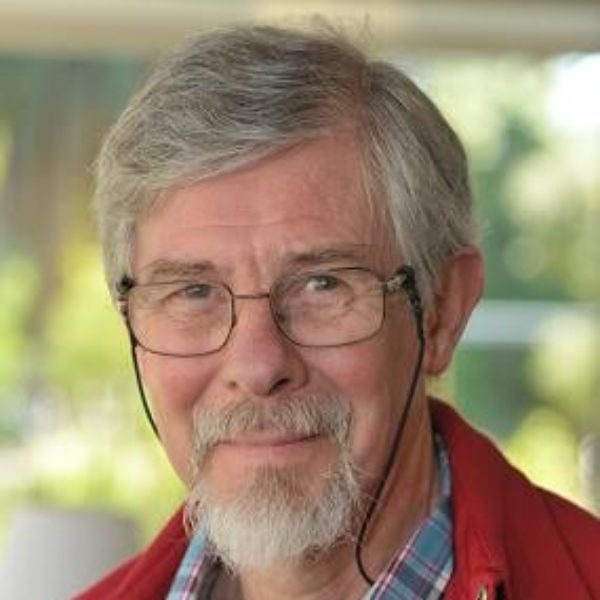Nederlandsliedjies are one of the two most important repertoires of creole songs which feature in the competitions of the Sangkore (also called: Nagtroepe, Hollandse Teams or Malay Choirs); they are also the repertoire that raises the strongest emotions among listeners and singers belonging to the group that was labelled “coloured” during apartheid. Consequently competitions are extremely disputed and generate debates and controversies around styles of performance and judgements passed by the adjudicators. These debates and controversies very often take the form of a clash between “progressives”, who assume the repertoire must be “modernised” and “improved” — which seems to imply “westernised” —, and “conservatives”, who argue that it is important to preserve traditional ways of singing which are idiosyncratic to the “community”. Differences about styles of singing obviously underpin differences of conception about identity. This is why research on the Nederlandsliedjies lead to an investigation into various conceptions of being “coloured” or “Malay” in contemporary South Africa. This study will analyse the criteria used by judges adjudicating Nederlandsliedjies competitions, study the controversies they cause and relate them to current discussions about “identities” in the Western Cape.

